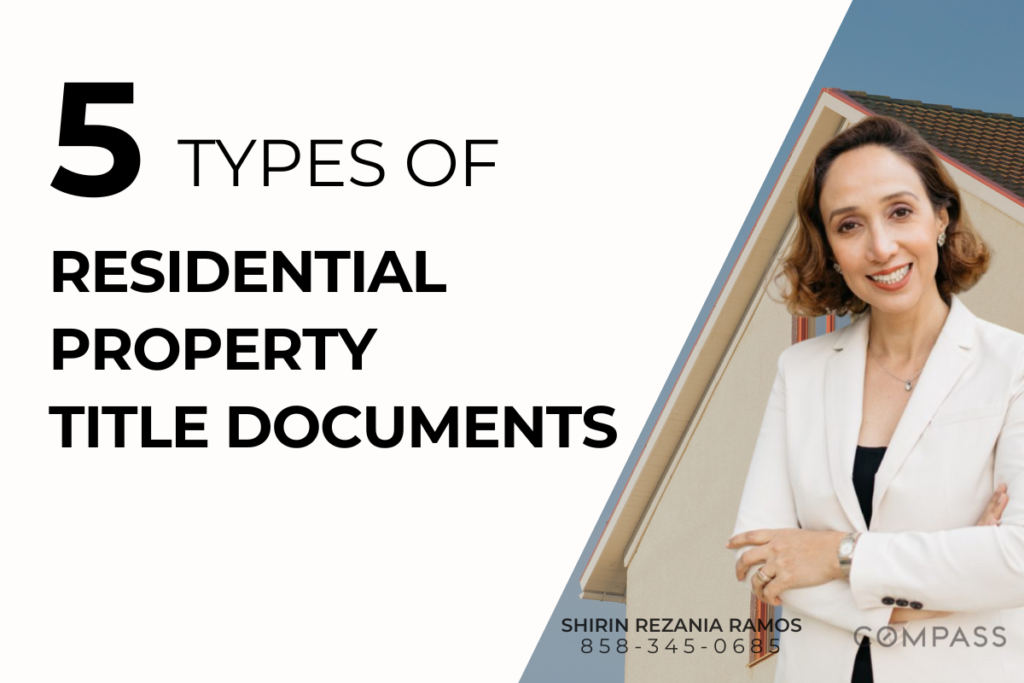
- Grant Deed
Transfers interest in a property, either partially or fully, between individuals, trusts, or entities. Parties Involved: Grantor (seller or party being removed) and Grantee (buyer or party receiving the interest). Signature: Must be signed by the Grantor(s). - Quitclaim Deed
Used to remove one or more parties’ interest or assumed interest in a property. Parties Involved: Same as a grant deed – Grantor and Grantee. Signature: Must be signed by the Grantor(s). - Deed of Trust
Serves as a security instrument showing beneficial interest given to a lender, commonly used as the official mortgage document in California. Parties Involved: Beneficiary (party to whom money or interest is owed), Trustee (holds title, often a title company or individual), and Trustor (party borrowing from the lender). Signature: Must be signed by the Beneficiary and the Trustor. - Substitution of Trustee and Full Reconveyance
Lender/Beneficiary substitutes any current trustee for itself and releases the beneficial interest, effectively removing a deed of trust from the property. Parties Involved: Beneficiary and new Trustee. Signature: Must be signed by the Beneficiary and new Trustee. - Assignment of Mortgage
Transfers beneficial interest to a new beneficiary, essentially selling the loan to a new party. Parties Involved: Current Beneficiary. Signature: Must be signed by the current Beneficiary.
Source: California Title Company
What is your home worth? click here.
Homes for sale in Carmel Valley click here.
Shirin Rezania Ramos | 858.345.0685 | www.shirinramos.com | Compass, DRE 0203379


